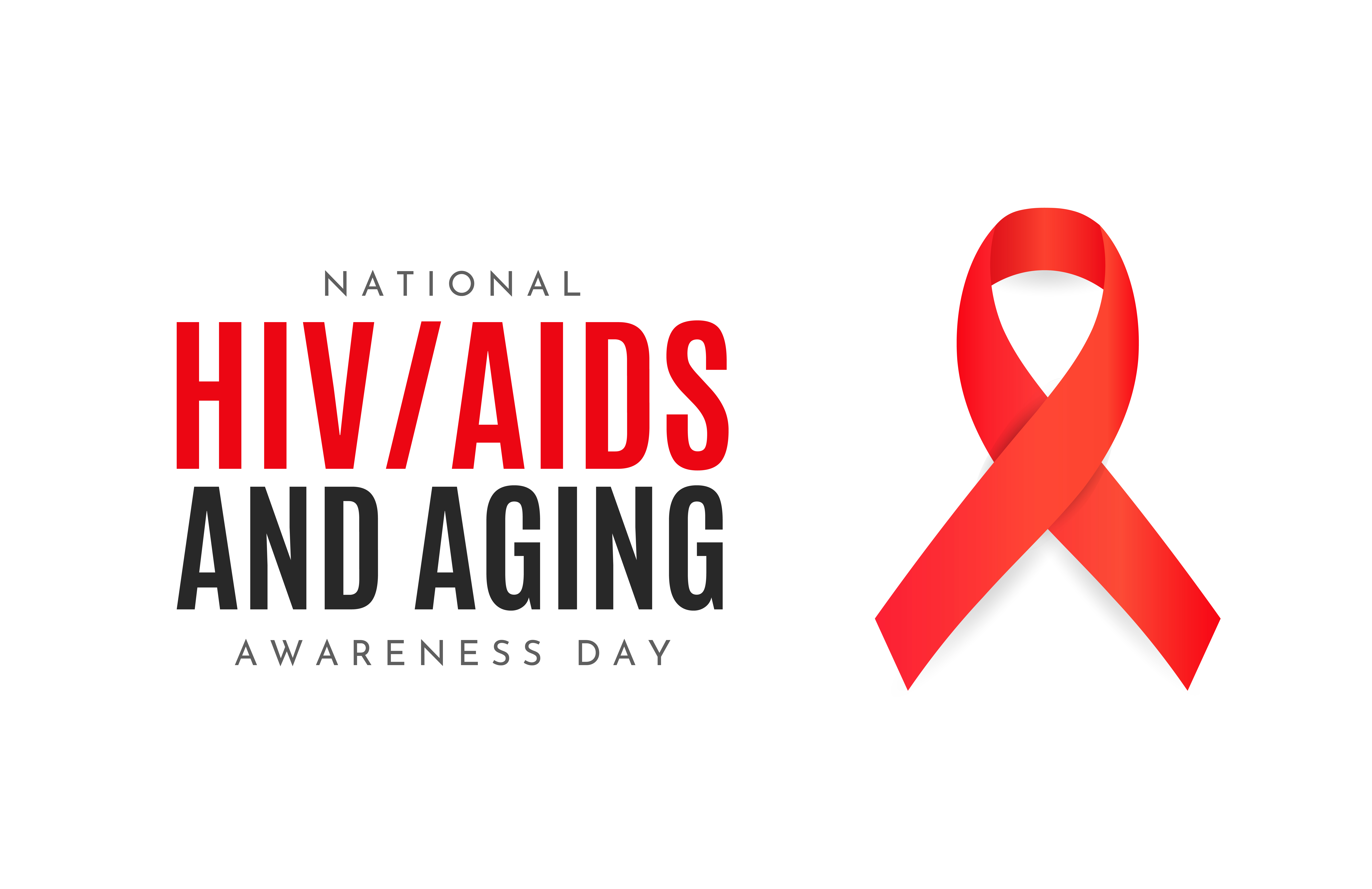On September 18, the Health Resources and Services Administration (HRSA) recognized National HIV/AIDS and Aging Awareness Day (NHAAD). This day celebrated the individuals with HIV that are living longer, healthier lives. The improved longevity and health status is attributed to ongoing advances in prevention and treatment. There is also an increase in understanding and awareness about the unique health needs of people aging with HIV. An editorial in The Lancet Healthy Longevity points to the success of antiretroviral therapy (ART) and the expansive nature of global treatment programs in reducing mortality in persons with HIV and AIDS. Individuals who have had access to treatment over time are now aging and older adults continue to be susceptible to HIV and sexually transmitted infections (STI). The editorial also notes that more individuals over age 50 are acquiring HIV infection.
The National Institute on Aging (nih.gov) also notes that older adults are less likely to get tested and the symptoms can be missed. Interestingly, some age-related conditions can occur in younger individuals with HIV, which is another reason why it is important for people at risk of HIV to get tested and start treatment as soon as practicable.
The advances in life expectancy are remarkable, yet there are still opportunities to improve our prevention and treatment services. According to HIV.gov, approximately 1.2 million people in the U.S. have HIV. About 13 percent of HIV+ individuals do not know it. HIV continues to have a disproportionate impact on certain populations, particularly racial and ethnic minorities and gay, bisexual, and other men who have sex with men. Univision Channel 34 in Los Angeles KMEX recently featured a story about increases in HIV diagnoses among older adults. The segment notes that one-of-six new cases of HIV are occurring in the 50 and older population. Dr. Katya Corado, who is featured in the segment is a practicing physician with LA Health Services. She encouraged older adults to get tested and seek treatment.

